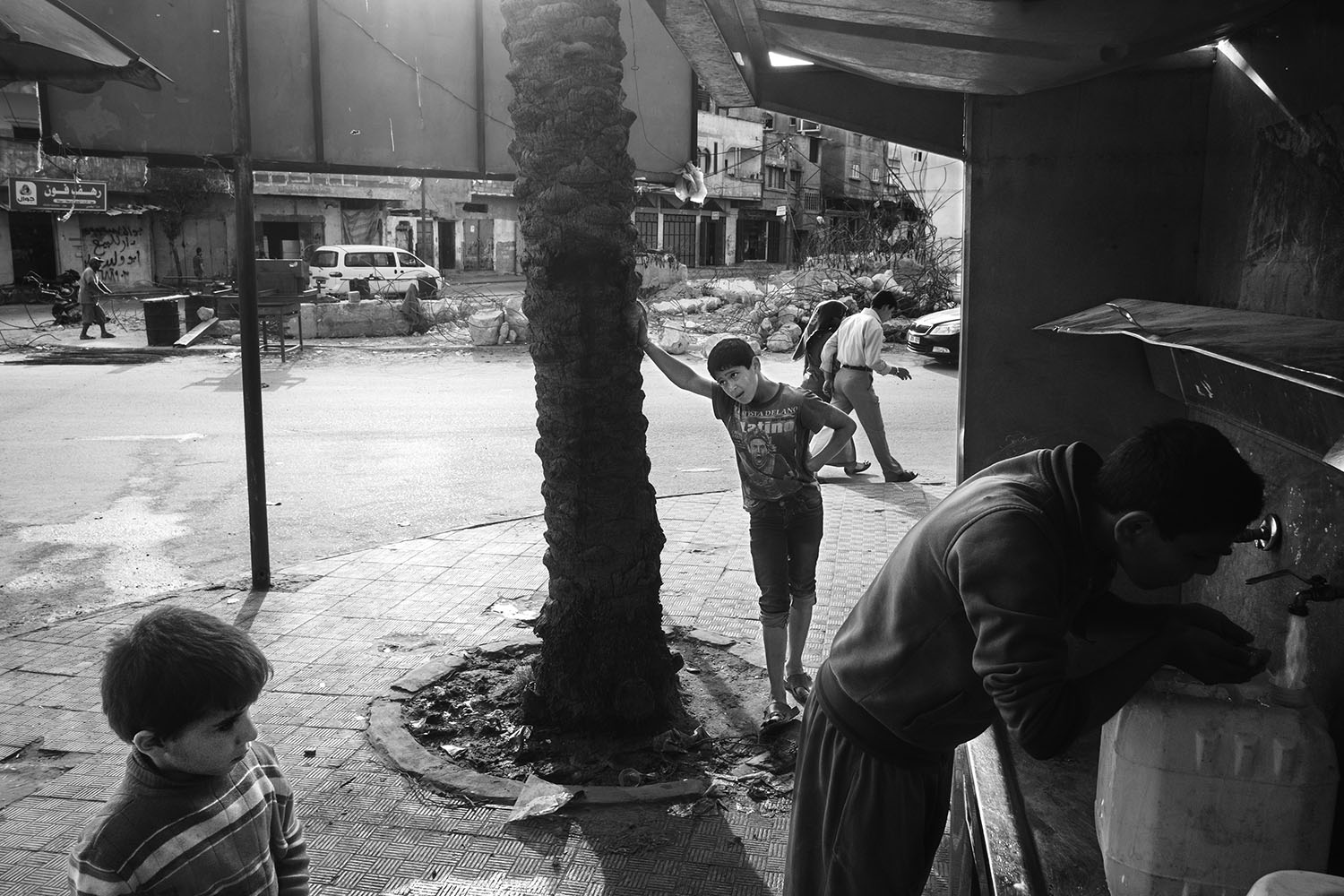Gaza is an isolated land so tiny and poor of resources, that it remains totally dependent from the “exterior,” even just to feed its population. The main resource for survival, water, makes no exception.
In the past, the underground was the primary source for drinking water, but years ago the over-exploited coastal aquifer started absorbing water from the polluted sea, contaminating the little fresh water remained intact.
Municipalities are unable to provide drinking water to their citizens, so people have to buy it privately. Filtered water may cost up to 4,5 dollars for cubic meter, and of corse barely a few can afford to buy it.
After Protective Edge operation on the summer of 2014, many water and electricity infrastructures were severely damaged, causing a serious emergency in the immediate aftermath. Almost one year later, the path to recovery has still to be found.
In this economic disaster, sanitation become a real, huge issue for everybody. Awareness is spreading among people who are starting to be concerned for their health. In absence of treatment, sewage runs a very similar circle to water, and, at the end of it, the mix ends up being pumped back to everibody’s tap. In absence of huge and very exceptional investments this process can’t be broken. Living standards are obviously facing fast and constant degradation.
Gazians are just like living deads walking toward what now seems to be an inevitable destiny of misery. Something has to change, forcefully and rapidly, otherwise all will be lost. The survival of entire generation, the youngest one, the most numerous, fragile and exposed, is under threat.










































































